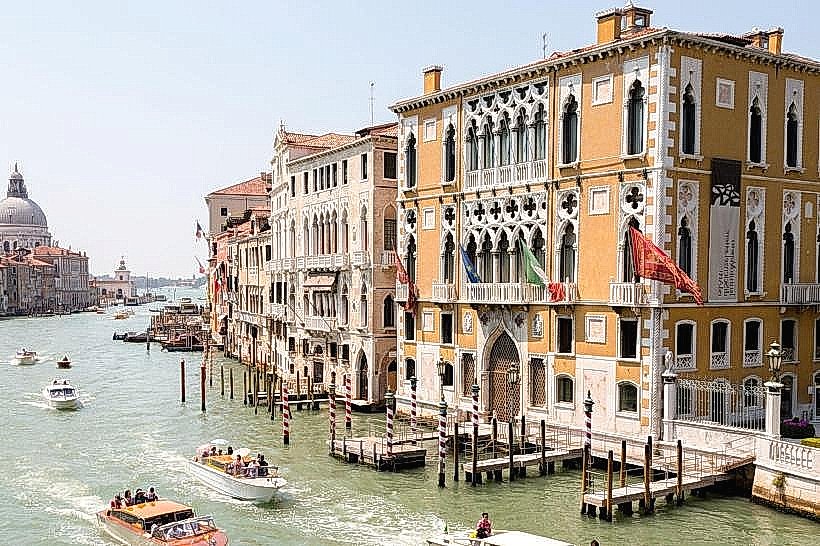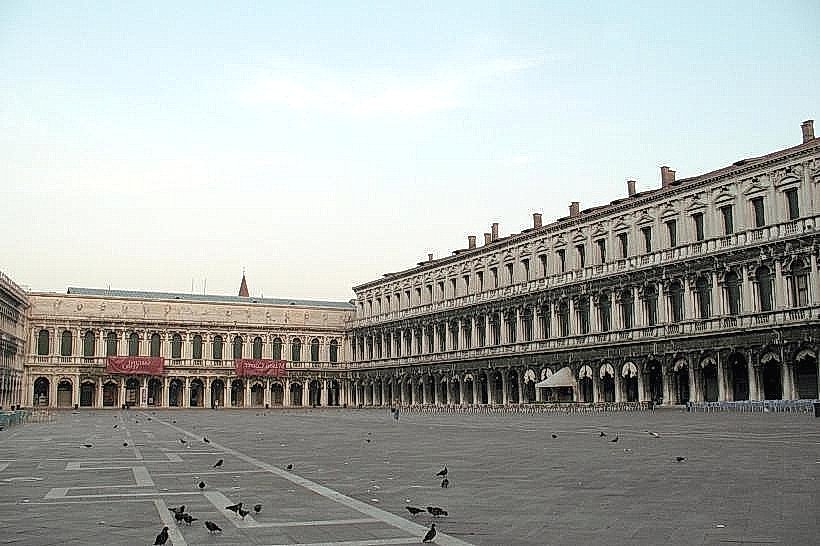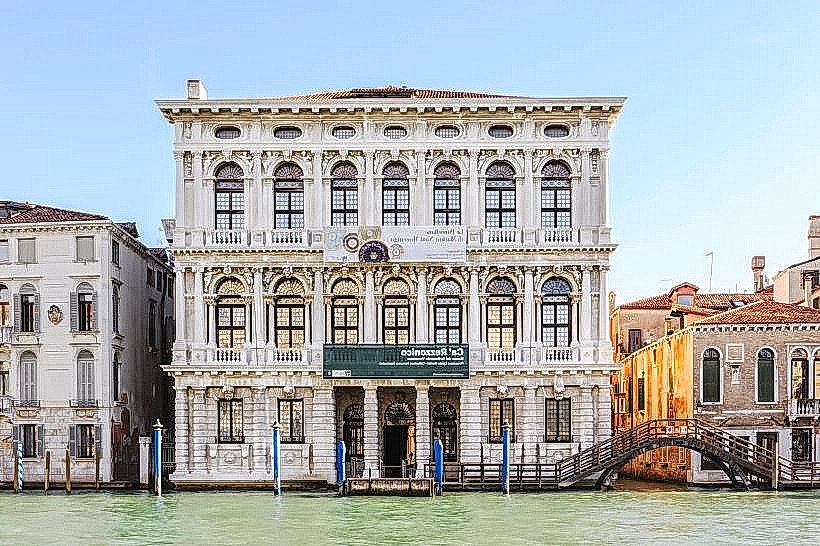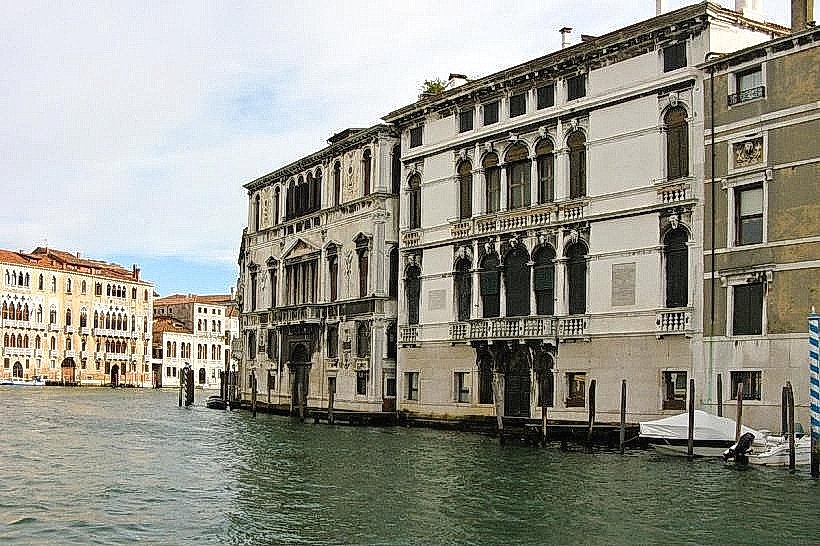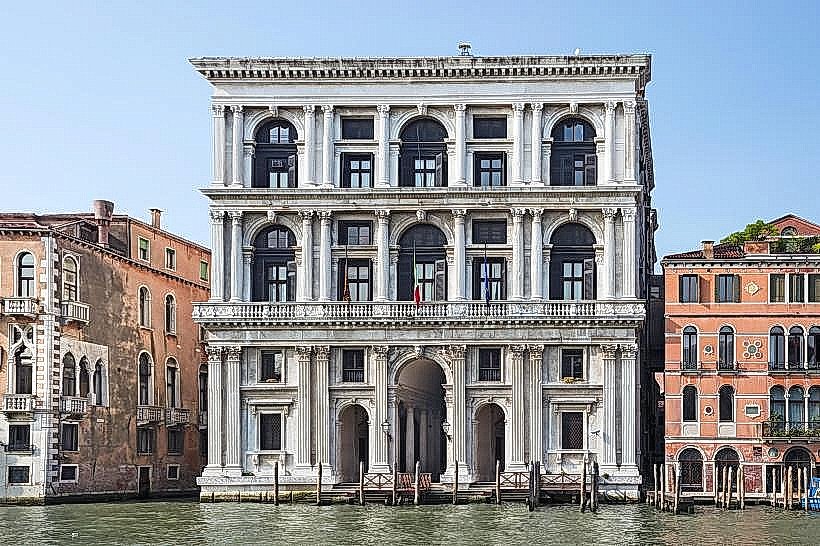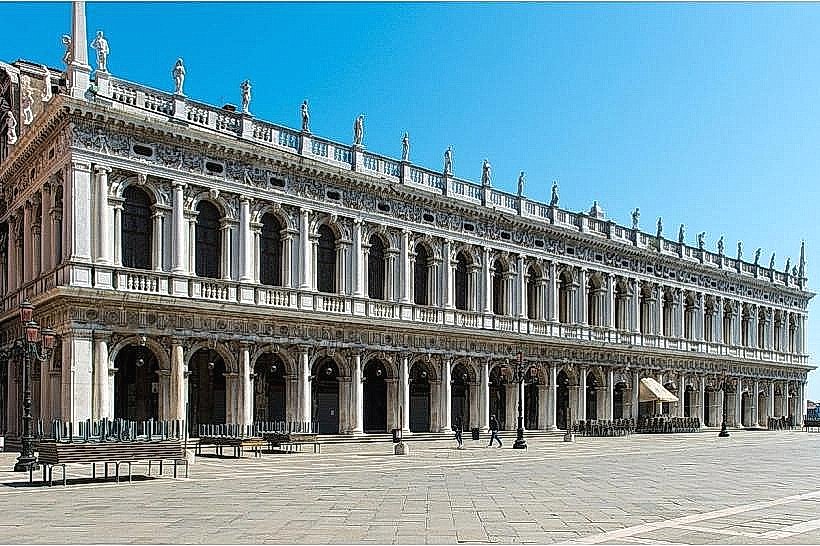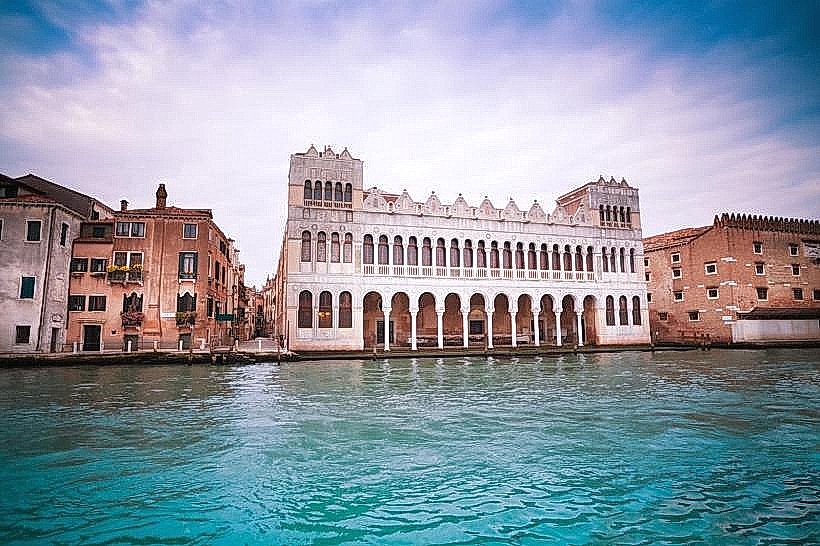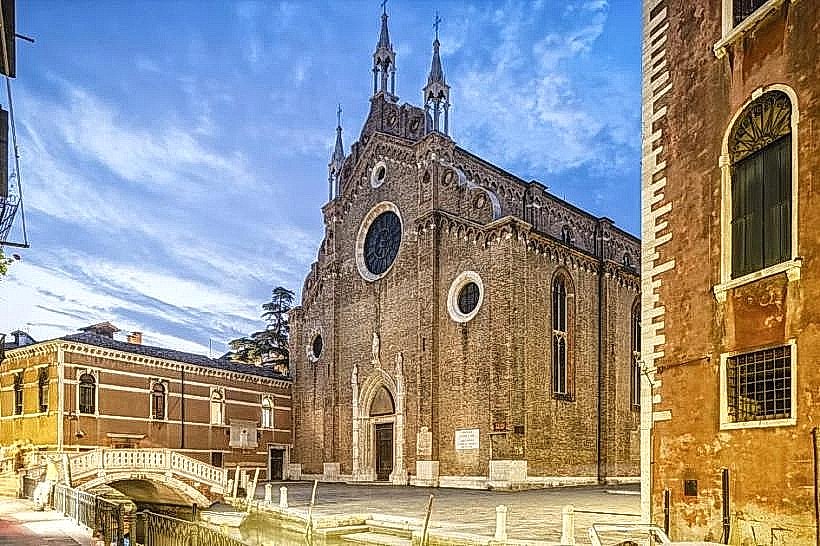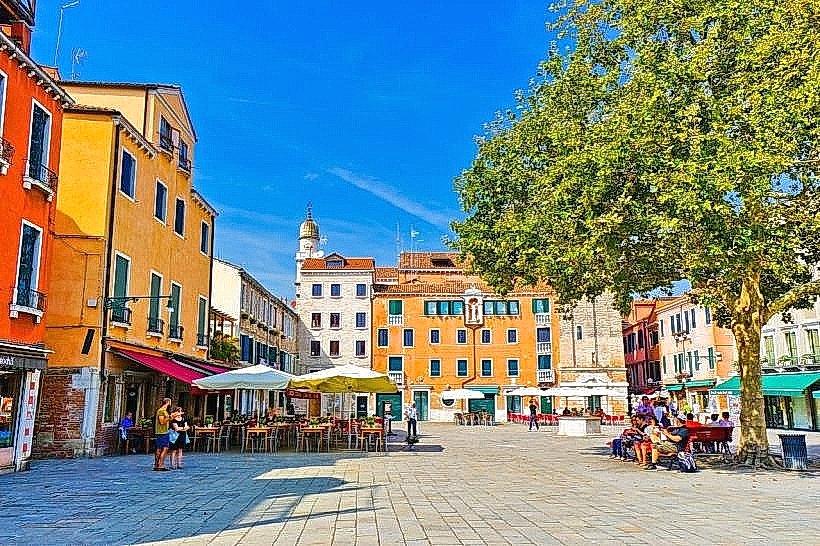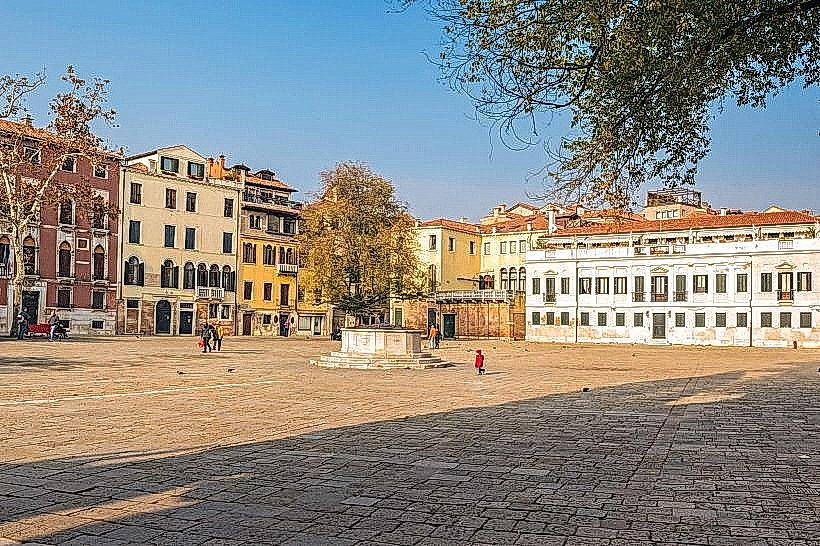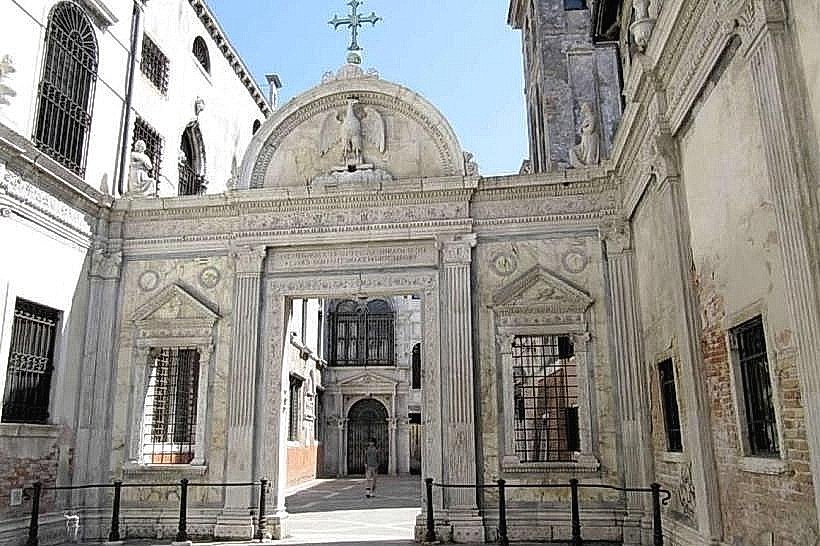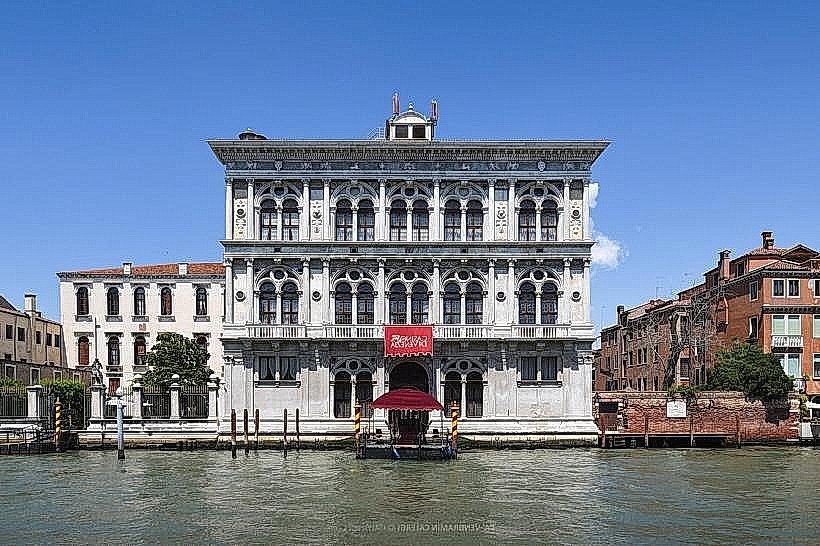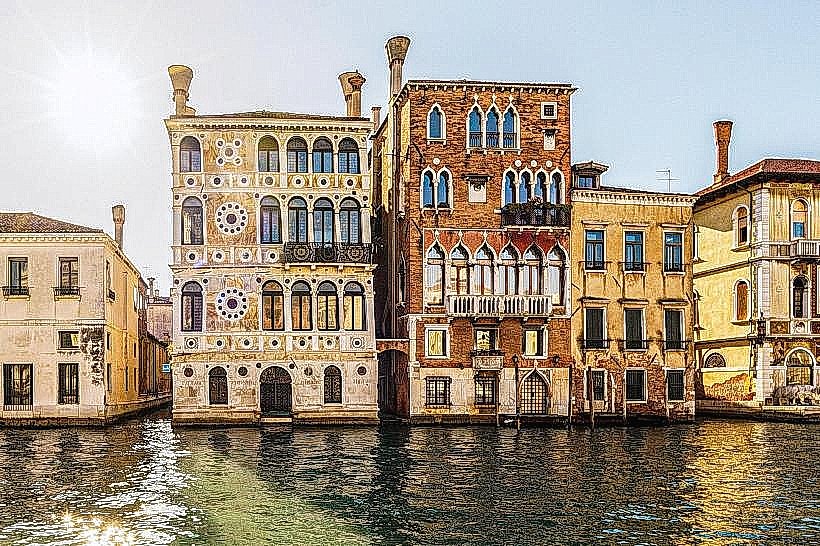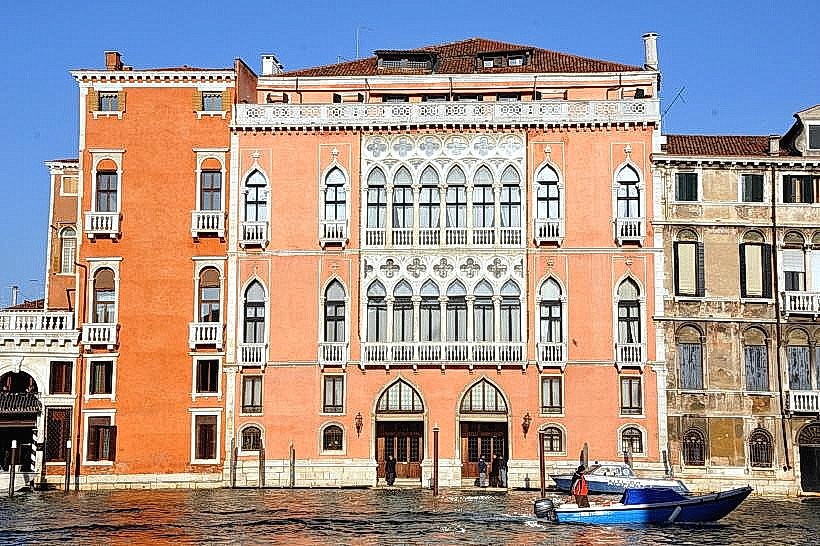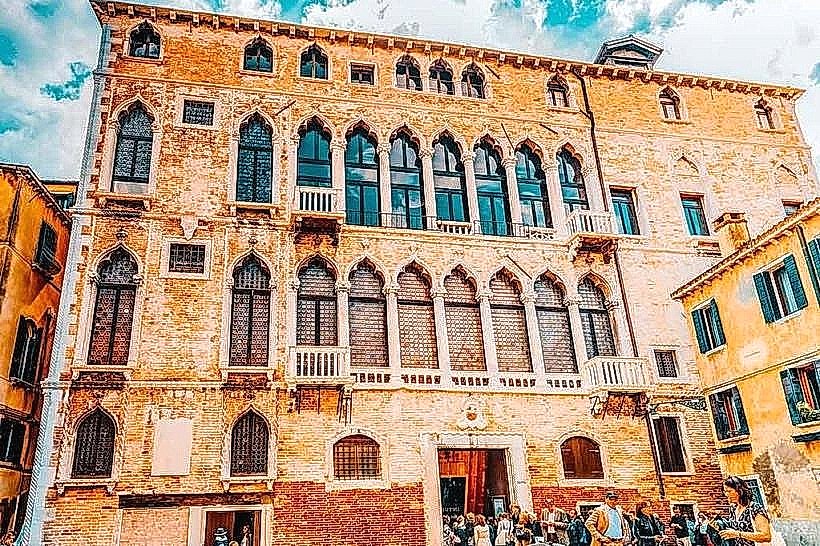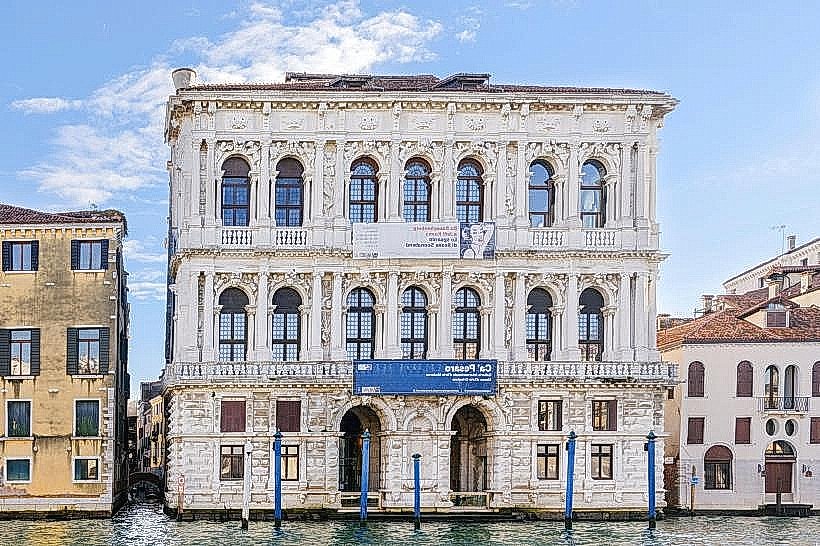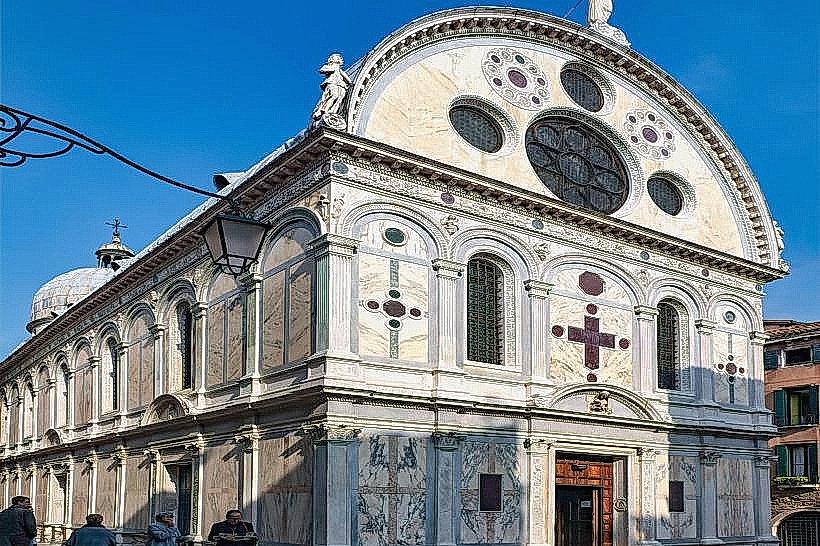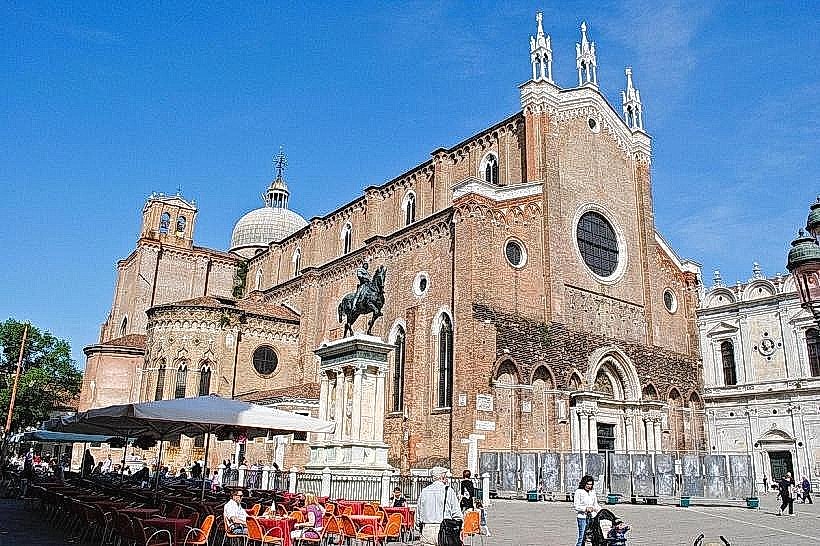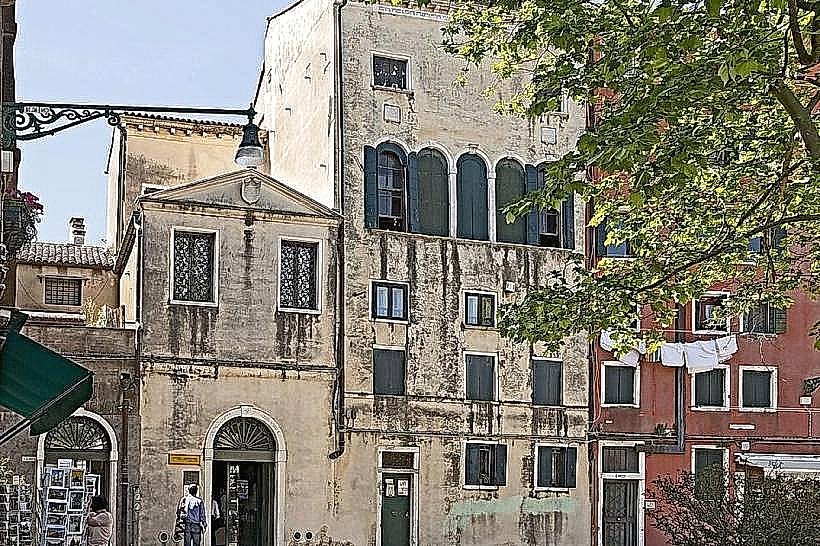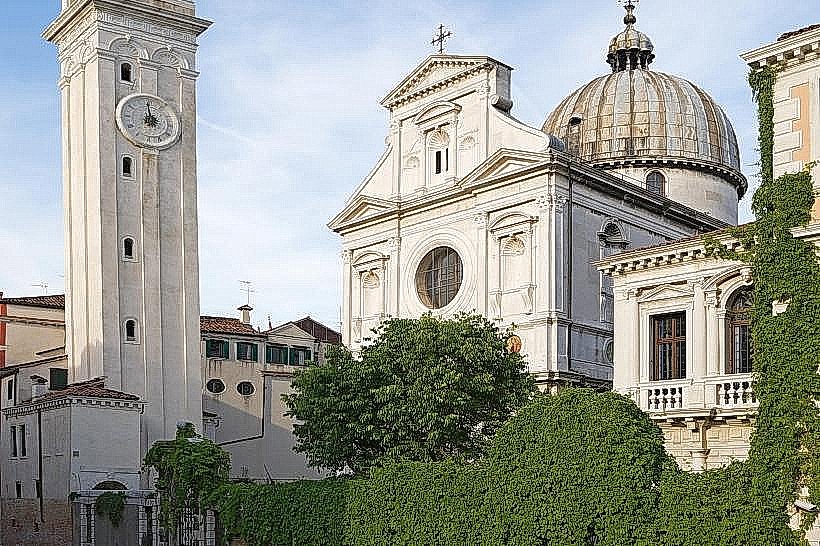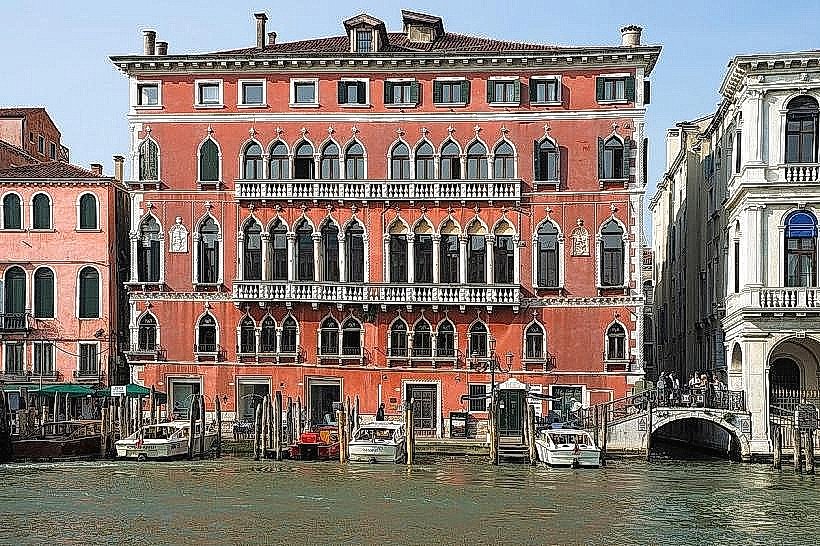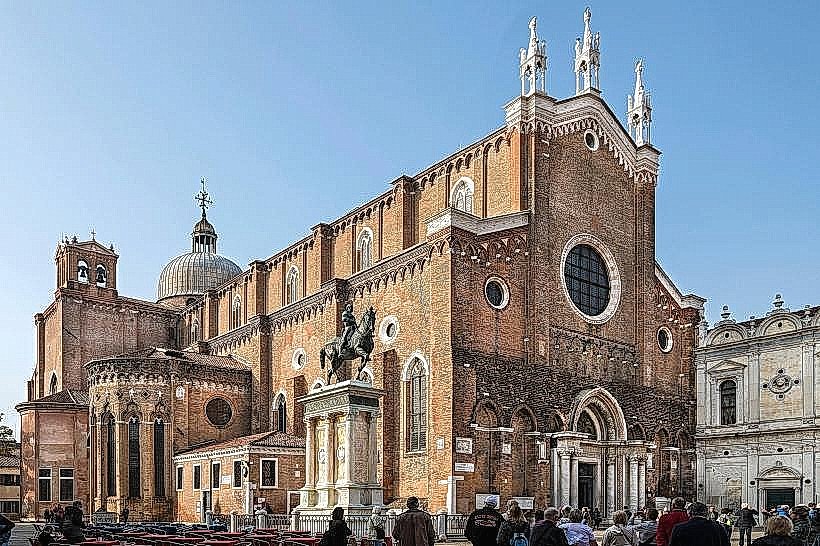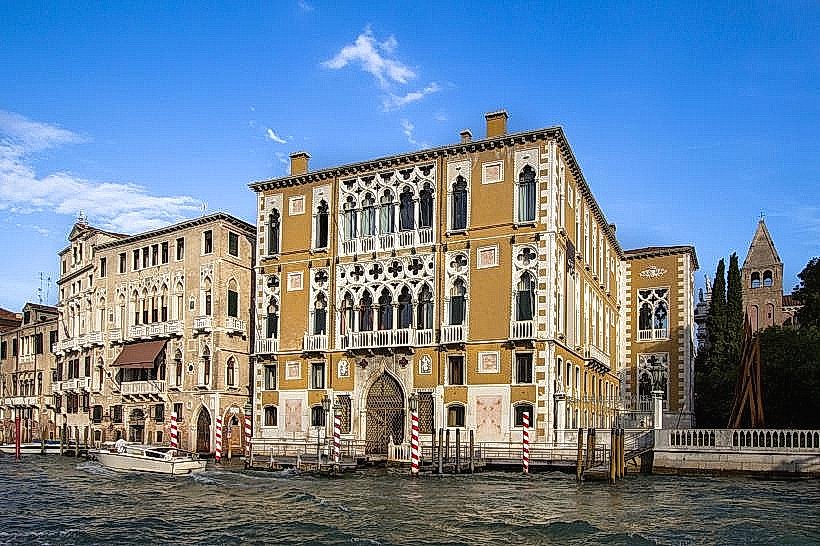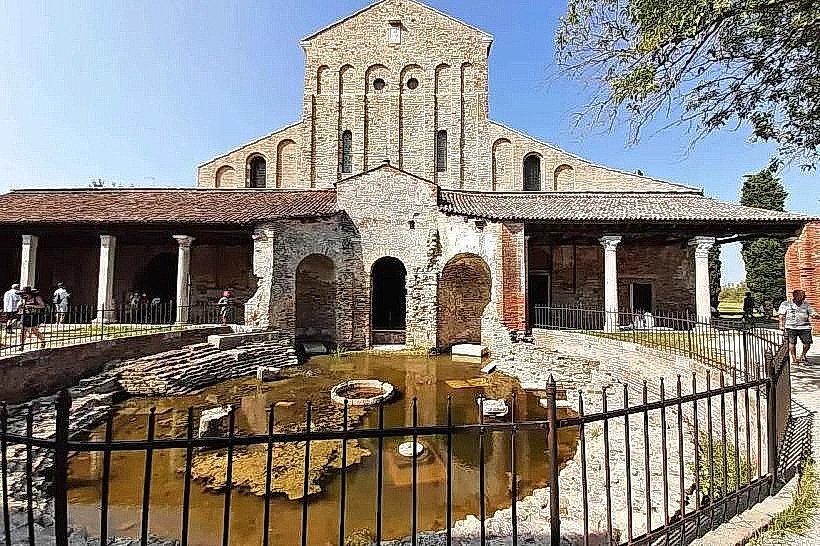Information
Landmark: Campo San BartolomeoCity: Venice
Country: Italy
Continent: Europe
Campo San Bartolomeo, Venice, Italy, Europe
Located in the San Marco sestiere, Campo San Bartolomeo is one of Venice’s most lively and historically layered squares. Nestled between the Grand Canal and the bustling pedestrian streets leading to Piazza San Marco, it serves as a hub of social, commercial, and cultural activity, blending centuries of Venetian history with modern city life.
Historical Background
The square developed around the Church of San Bartolomeo, dating back to the 9th century, though the current structure reflects multiple reconstructions, particularly in the 18th century, following fires and architectural renovations. Historically, Campo San Bartolomeo became a commercial center due to its proximity to the Grand Canal and the Rialto market, attracting merchants, craftsmen, and banks.
Notably, the square was the site of Venetian cafés and printing houses, including the famous Libreria Sansoviniana, which influenced intellectual life in the city. Over time, it became a focal point for civic gatherings, social interactions, and cultural events.
Architectural and Artistic Features
Church of San Bartolomeo: The square is dominated by the church’s Baroque façade, designed in the 18th century, featuring classical columns, pediments, and sculptural ornamentation. Inside, the church houses altarpieces and artworks by Venetian painters such as Giambattista Tiepolo, linking the square to the city’s artistic heritage.
Palazzi and Buildings: Surrounding the campo are noble residences and palaces, including Palazzo Zorzi Bon and other historically significant buildings. These façades feature a mix of Gothic and Renaissance styles, with stone balconies, arched windows, and decorative friezes.
Monuments and Statues: The campo includes a statue of Carlo Goldoni, the famed Venetian playwright, celebrating Venice’s theatrical and literary history. The statue serves as a focal point for both locals and tourists.
Cultural and Social Significance
Campo San Bartolomeo has long been a commercial and cultural crossroads. In addition to hosting markets and trade, it became a center for Venice’s intellectual and artistic life, particularly in the 17th and 18th centuries, with printing presses, cafés, and salons fostering literary and theatrical activity.
The square also exemplifies the Venetian blend of civic, religious, and social functions, where church, commerce, and public art coexist in a compact urban space. Its proximity to the Rialto and San Marco ensures continued vibrancy, while smaller streets branching off the campo retain a more intimate, neighborhood feel.
Visitor Experience
Today, Campo San Bartolomeo is bustling with activity, with cafés spilling onto the square, shops, and street performers adding to its lively atmosphere. Visitors can enjoy a coffee while observing gondolas on the nearby canal, admire the Goldoni statue, or explore the surrounding palaces and alleys.
The square’s compact size allows visitors to take in multiple layers of Venetian history in a short walk, from architectural details and church art to modern social life. The energy of the square offers a contrast to quieter campos elsewhere in Venice, providing a snapshot of urban Venetian life that is both historical and contemporary.
Legacy
Campo San Bartolomeo remains a symbol of Venice’s social, cultural, and commercial vitality, representing the city’s ability to blend daily life, artistic heritage, and civic space. Its historic churches, palaces, and public monuments continue to tell the story of Venice as a center of commerce, art, and community for centuries, offering visitors both an immersive and dynamic experience of the city.

